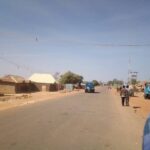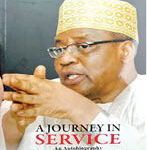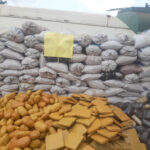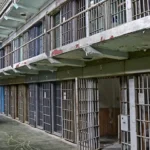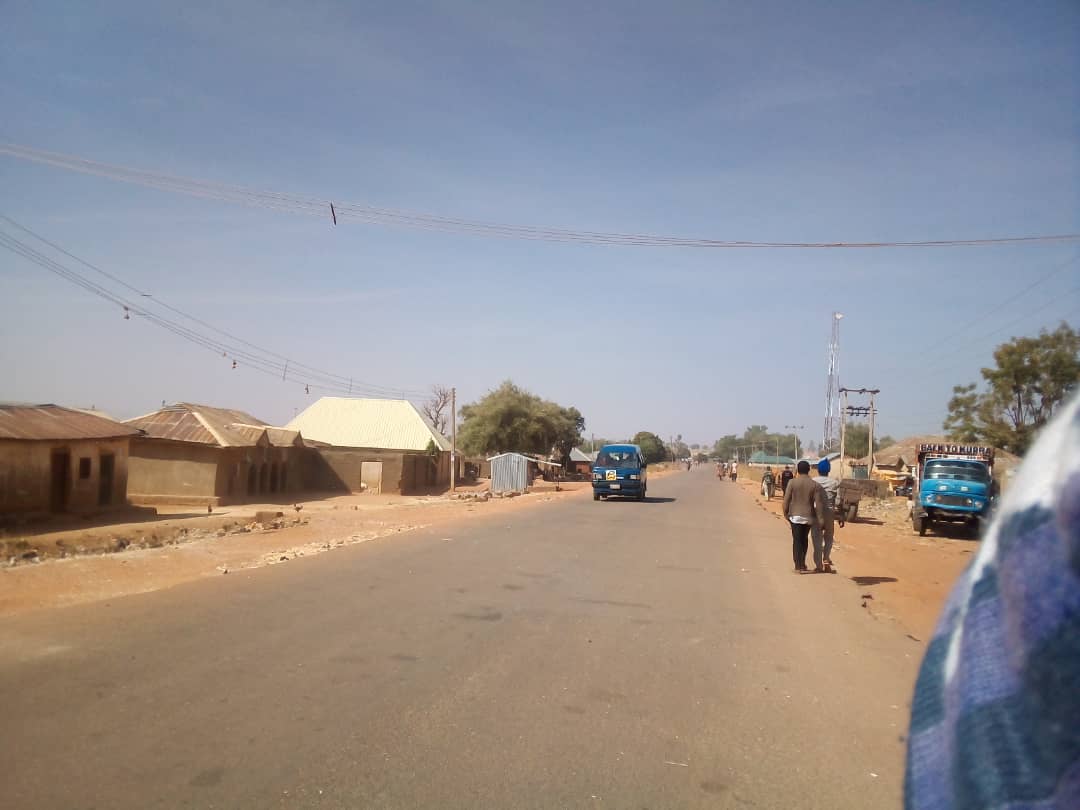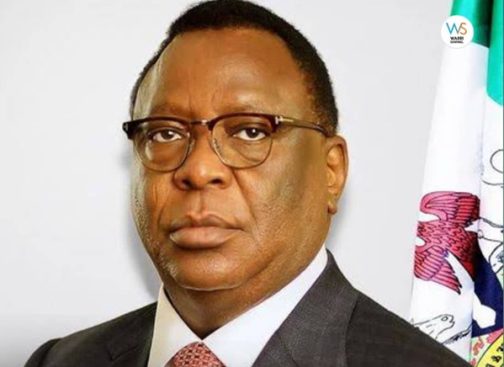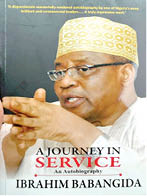For over a decade, the people of Birnin Gwari in Kaduna State endured the grip of insecurity. Banditry, kidnappings, and cattle rustling turned the once-thriving agrarian economy into a wasteland of fear and abandonment. Markets closed, farms were deserted, and entire communities displaced as armed groups operated with impunity.
According to a 2022 security report by the Kaduna State Ministry of Internal Security and Home Affairs, Birnin Gwari alone recorded 507 kidnappings, 536 cattle rustled, and 120 deaths due to violent attacks within a year. The figures painted a grim picture of a community on the brink.
But a new chapter is unfolding. A peace deal brokered between the Kaduna State Government and armed groups is offering a glimmer of hope. Markets are reopening, displaced families are returning, and farmers are preparing for a new planting season. Yet, challenges remain, and the sustainability of this fragile peace is uncertain.
The Return of Kara Livestock Market
A significant symbol of the region’s revival is the reopening of the Kara livestock market, a critical trading hub for cattle dealers from Niger, Katsina, and Zamfara states. The market had been shut for over ten years due to relentless attacks and insecurity. Its reopening in January 2024 has sparked renewed economic activity and optimism among traders and residents.
Ahmadu Lawali, a long-time cattle trader, recalls his years in hiding.
“The last time I stepped foot in this town was seven years ago. I was always in the forest, afraid of being attacked. But now, we are here doing our business without intimidation,” he said, smiling.
Like Lawali, many traders who had abandoned their businesses are slowly returning. Usman, a cattle merchant from Niger State, described the shift in security conditions.
“In the past, if you asked me to come to this market, I would have refused because of insecurity. But today, we are here trading peacefully.”
Beyond commerce, transportation routes that were once death traps are now relatively safe. Youth leader Baban Yara attested to the improved security along the Kaduna-Birnin Gwari highway.
“The road is safe now. You can even ride a bicycle without fear of being harassed or kidnapped. This was impossible before now.”
Displaced Communities Begin Their Return
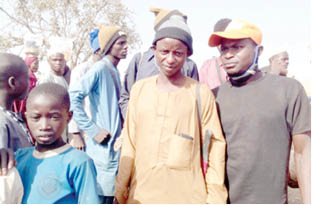
Another promising sign is the gradual return of displaced villagers. Once-empty homes are now seeing families trickling back, attempting to rebuild their lives. Vehicles filled with returning residents can be seen daily, carrying people back to communities they fled years ago.
“Almost two vehicles full of villagers pass here daily on their way back to their homes. This tells you that peace has returned,” said Damari, a local resident.
Farmers, the backbone of Birnin Gwari’s economy, are also reclaiming their fields. Hambali Mohammed, chairman of the Sarkin Kara Livestock Market, confirmed that traders from neighboring states have resumed business, leading to a rise in revenue for residents and the government.
However, lingering concerns persist. Suleiman Magani, a displaced farmer, acknowledged the security improvement but pointed out the challenge of cattle encroaching on farmlands.
“We are still taking refuge in Kwanar Dutse and observing the situation before fully returning to our villages. There is improvement, but we need measures to prevent cattle from destroying our crops,” he explained.
While optimism grows, full resettlement remains slow. Comrade Ishaq Usman Kasai, chairman of the Birnin Gwari-Niger Inter-Boundary Communities Peace Development Association, noted that only about 5% of displaced villagers have permanently returned.
“Most people are just visiting their abandoned homes and farms to assess the situation,” he said.
Can the Peace Last?
Despite the progress, many residents remain cautious. The scars of violence are fresh, and the sustainability of the peace deal remains a major concern. Community leaders are urging the government to take proactive steps to maintain stability and prevent a relapse into chaos.
Isa Muhammad, chairman of the Birnin Gwari Progressive Union (BEPU), called for continued vigilance, especially in border villages near Niger, Katsina, and Zamfara states.
“Peace is gradually returning, but we must ensure that it is sustained. The government should address minor security issues to prevent future conflicts,” he advised.
Religious leaders also have a role to play. With Ramadan approaching, calls are growing for imams and scholars to use their sermons to promote dialogue and reconciliation.
“We need peace to rebuild our communities. Our imams and scholars should encourage people to embrace dialogue and reconciliation,” Muhammad added.
A New Dawn or a Temporary Lull?
While the return of economic activities and displaced residents signals hope, the future remains uncertain. The people of Birnin Gwari are cautiously optimistic, aware that true peace requires sustained effort from both the government and local communities.
“We have suffered too much and cannot afford to go back to how things were before. The government should keep engaging with both security forces and local communities to ensure that the peace lasts,” said Malam Balarabe Ibrahim Sarkin Fawa, an elder in the town. For now, Birnin Gwari is taking tentative steps toward normalcy. The challenge lies in ensuring that these steps are not reversed, but instead, lead to a lasting peace that allows its people to rebuild, thrive, and reclaim the life they once knew.


